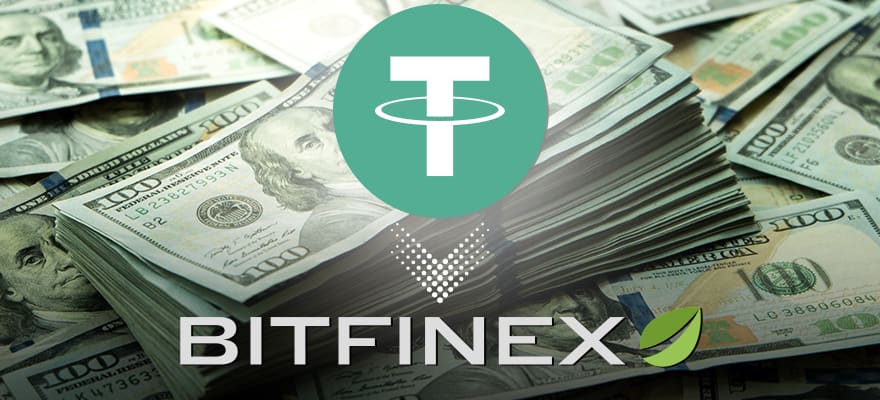Tether, the Stablecoin company that shares some management, ownership, and complex history with cryptocurrency exchange Bitfinex, has admitted in court to investing some of its reserves in Bitcoin and “other assets.” The admission was revealed in court documents that were obtained by The Block.
“Prior to the April 24th order … Tether actually did invest in instruments beyond cash and cash equivalents, including bitcoin, they bought bitcoin,” said David Miller, an attorney for Bitfinex.
Miller was arguing that the court’s apparent desire to restrict Tether’s investments to cash was beyond its jurisdiction--however, users who depend on Tether to keep the value of their assets protected may not have been pleased to find that they were kept in such a volatile state.
"you can't stop us from redeeming tethers - that's our business!"
"we don't want to stop u from redeeming, just to know if your execs own, like, $200 million of it..." "..." "hello?" "you have no jurisdiction!" — k (@KyleSGibson) May 22, 2019
Un-Stablecoin?
New York Supreme Court Judge Joel M. Cohen noted this point, saying: “Tether sounded to me like sort of the calm in the storm of cryptocurrency trading.”
“And so if Tether is backed by bitcoin, how is that consistent? If some of your assets are in a volatile currency that Tether is supposed to somehow modulate, that seems like it’s playing into what they are saying.”
The admission is the latest in a series of unpleasant truths about the relationship between the two companies, whose operations have been highly secretive for years.
The Case is Building
Although it was suspected for years that Tether was mishandling its reserve funds, it was only revealed in April that Tether used $850 million of its reserve funds to give a loan to Bitfinex, which may have become insolvent without the loan. The revelation came as a result of a court order issued by the New York Attorney General against Bitfinex.
Although Jean Louis van der Velde, CEO of Bitfinex, responded to the lawsuit by saying that it was“filled with inaccuracies and false assertions,” the lawsuit also eventually revealed that only 74 percent of Tether’s reserves were backed by actual cash.
Prior to the lawsuit, Tether changed the wording of its user policy in February to say that it wasn’t all backed by fiat--perhaps tipping the NYAG off. Instead of saying that Tether Dollars were backed by “traditional currency,” as it had previously, the policy was changed to say that Tether was backed by “traditional currency and cash equivalents,” as well as “other assets and receivables from loans made by Tether to third parties.”
Meanwhile, Bitfinex says that its own fundraising attempts have been successful--the exchange recently launched a token sale with the goal of raising $1 billion. LEO, the tokens that were sold in the sale, began trading on Bitfinex on Monday, and are currently valued at $1.04.


















